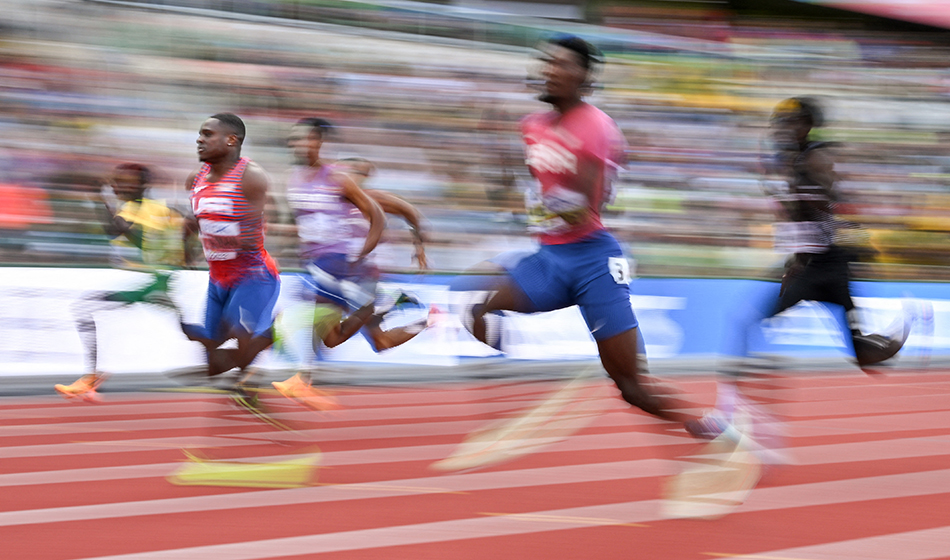AW promotion
Running, a fundamental aspect of human movement, has evolved into a professional discipline admired by many. The allure of seeing athletes perform at peak levels during international events inspires countless individuals to lace up their shoes and hit the pavement. Additionally, resources like valuewalk.com/cryptocurrency/best-bitcoin-casinos provide athletes with diverse avenues to support their training and leisure activities. However, to emulate these sports icons, it’s essential to explore the science and methodology behind their training routines. Professional athletes don’t merely rely on natural talent; they meticulously craft their skills through structured training programs, nutritional strategies, and psychological preparation. Understanding these components can pave the way for enthusiasts to elevate their running capabilities. Just as athletes balance speed, stamina, and technique, aspiring runners can achieve substantial improvements by adopting similar principles.
The core principles behind professional running
Mastering the art of running involves an intricate blend of technique, endurance, and mental fortitude. Athletes start by focusing on form and biomechanics to maximize their efficiency and prevent injuries. Incorporating insights from biomechanics studies helps runners understand how to optimize movement patterns for better performance. Proper posture, rhythm, and breathing control are vital in sustaining long-distance runs or explosive sprints. Incorporating various running exercises, like interval training and hill repeats, helps build both anaerobic and aerobic capacity, crucial for peak performance. Beyond physical conditioning, psychological preparation plays a pivotal role. Mental toughness and focus are nurtured through visualization techniques and goal-setting.
Adopting the athlete’s lifestyle for running success
The transition to an athlete’s lifestyle encompasses more than just physical training. Nutrition, rest, and recovery are equally important. Athletes meticulously plan their diets to fuel their bodies with the right balance of carbohydrates, proteins, and fats, ensuring optimal energy levels for intensive training sessions. Research on running biomechanics adaptations highlights the importance of tailored training and recovery practices to maintain peak condition and enhance performance. Moreover, athletes prioritize recovery, incorporating sufficient sleep and utilizing recovery…
CLICK HERE to Read the Full Original Article at AW…

